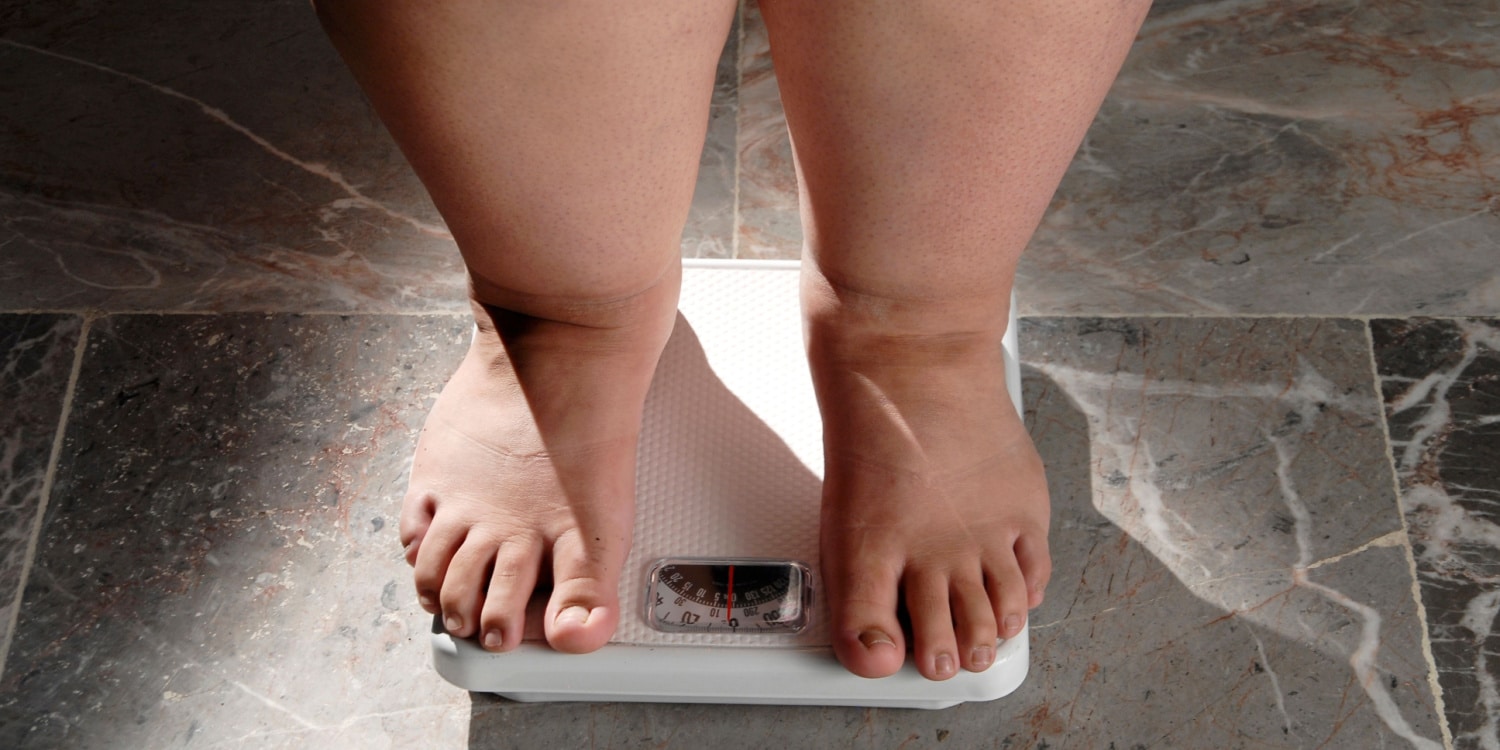Sleep apnea, a serious sleep disorder, affects many people worldwide. Roughly 22 million Americans have this condition. Meanwhile, up to 80% of sufferers don’t even know they have it.
Many associate excess weight with sleep apnea. While being overweight increases the risk of sleep apnea, it’s important to understand that this condition can occur at any weight. In this article, we’ll explore the link between sleep apnea and weight, as well as other risk factors involved.
Understanding Sleep Apnea
Sleep apnea is a sleep disorder characterized by interrupted breathing during sleep, leading to oxygen deprivation. The most common type, obstructive sleep apnea (OSA), occurs when the throat muscles relax and block the airway. While excess weight is often associated with sleep apnea, this condition can affect people of various body compositions. Recognizing the risk factors associated with sleep apnea is crucial for early detection and effective management.
The Weight-Sleep Apnea Connection
Obesity is a major risk for sleep apnea. Excess weight can lead to fat buildup around the neck and upper airway, blocking airflow during sleep. This blockage interrupts breathing, causing the pauses typical of sleep apnea. Moreover, being overweight can harm the respiratory system by reducing lung capacity and impairing muscle function.
However, it’s important to remember that individuals at a healthy weight can also develop sleep apnea.
Other risk factors include:
- Age
- Family history
- Smoking
- Alcohol consumption
- Certain anatomical factors like a narrow throat or large tonsils
- Hormonal factors, such as menopause in women
Therefore, sleep apnea should not be solely attributed to weight, and a comprehensive evaluation is necessary to identify contributing factors.
The Complex Relationship
Although weight and sleep apnea have a complex relationship, it’s clear that the condition can affect individuals of all weights. Some individuals at a healthy weight may have underlying anatomical or genetic factors that make them more susceptible to sleep apnea. On the other hand, not all individuals with obesity will develop sleep apnea.
Managing weight is important for treating sleep apnea. Losing extra weight can lessen symptom severity and enhance overall health. A healthy lifestyle with exercise, a balanced diet, and good sleep habits benefits both weight control and sleep apnea management.
Treating Sleep Apnea
While making lifestyle adjustments can improve sleep apnea symptoms, it’s important to address the abnormalities in the hard and soft tissues in your airway that lead to this condition. The Vivos System makes this possible. This innovative treatment uses a custom oral appliance that you wear while sleeping. After just 12 – 24 months, the system will correct the deficiencies that contribute to your sleep apnea. For most patients, no further treatment is needed. This is compared to other treatments such as CPAP that require lifetime use.


